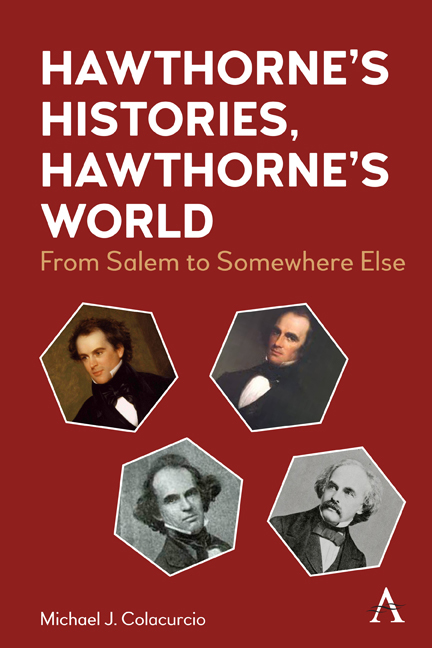Book contents
- Frontmatter
- Dedication
- Epigraphy
- Contents
- Acknowledgments
- Preface
- Introduction The Moral of the Story
- Chapter 1 Walnut
- Chapter 2 J. O.
- Chapter 3 Forgiveness and the Thin Red Line
- Chapter 4 “I Got Nothing!”
- Chapter 5 “It’s an Important Political Problem. I Should Know about It.” Agency
- Chapter 6 Nicole’s Father is NOT German! The Moral Salience of Difference
- Chapter 7 Science Fiction Fantasy, Moral Imagination and the Ability to Conceptualize Your Way Out of a Problem
- Chapter 8 Passion
- Chapter 9 Cat
- Chapter 10 Best Friends Forever
- Chapter 11 Wretched, Slacker Disney Child
- Chapter 12 Chloe, Nicole and the Elephant in the Parlor: The Last Lecture and Some Final Thoughts on Ethics and Character
- Notes
- References
- Index
Chapter 6 - Nicole’s Father is NOT German! The Moral Salience of Difference
Published online by Cambridge University Press: 06 October 2022
- Frontmatter
- Dedication
- Epigraphy
- Contents
- Acknowledgments
- Preface
- Introduction The Moral of the Story
- Chapter 1 Walnut
- Chapter 2 J. O.
- Chapter 3 Forgiveness and the Thin Red Line
- Chapter 4 “I Got Nothing!”
- Chapter 5 “It’s an Important Political Problem. I Should Know about It.” Agency
- Chapter 6 Nicole’s Father is NOT German! The Moral Salience of Difference
- Chapter 7 Science Fiction Fantasy, Moral Imagination and the Ability to Conceptualize Your Way Out of a Problem
- Chapter 8 Passion
- Chapter 9 Cat
- Chapter 10 Best Friends Forever
- Chapter 11 Wretched, Slacker Disney Child
- Chapter 12 Chloe, Nicole and the Elephant in the Parlor: The Last Lecture and Some Final Thoughts on Ethics and Character
- Notes
- References
- Index
Summary
My daughter Chloe and her friend Nicole were playing one afternoon when the subject of ethnic background arose. Both girls went to Turtle Rock School but Nicole was in a different classroom than Chloe, so her class had not yet done the ancestry study where students trace their family trees. Nicole was interested in the topic, nonetheless.
“Chloe's a mutt,” I told Nicole.
“What's a mutt?” Nicole demanded, her 11-year-old mind not familiar with the concept.
“It means she's got a lot of different nationalities roaming around her background. Part Greek from her daddy's father. English and Scots from his mother. And just about everything from Northern Europe plus a teeny bit of Cherokee on my side.”
Nicole thought about this a moment.
“You’re a mutt, too,” I continued.
Now Nicole was paying close attention. “How do you know that?” she quickly demanded.
“Because I know your mother's mother is French and your dad is part English and part German.”
Nicole's face froze, her retort sharp and indignant.
“My father is NOT German! He's art history! He's chair of the department!”
Raised in an academic ghetto, by a father who indeed was chair of the art history department and a mother who was both an art history professor and associate dean of humanities, Nicole's outraged protest reflected her particular worldview, her knowledge of what was important for academics’ kids: academic disciplines. Nicole did not care a hoot about ethnic, racial, religious, or national backgrounds. But little Nicole, so seldom party to the social science dinner table conversations that too often bored Chloe, as a child of a political scientist and a lawyer, illustrates several important concepts that all academics and, indeed the populace as a whole, should incorporate into their discussions of race, ethnicity and group politics more generally: the concept of moral salience, which I define as the psychological process by which differences between people and groups become deemed ethically and politically relevant. Doing so will have profound effects on our discussions of differences. It will heighten our awareness of the social construction of the political and moral significance of differences, and reveal how the framing of our discussions of such differences will shape prejudice, discrimination and the treatment of such different groups.
- Type
- Chapter
- Information
- The Unspoken Morality of ChildhoodFamily, Friendship, Self-Esteem and the Wisdom of the Everyday, pp. 69 - 80Publisher: Anthem PressPrint publication year: 2022

